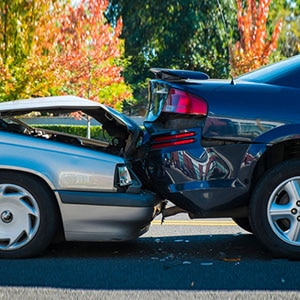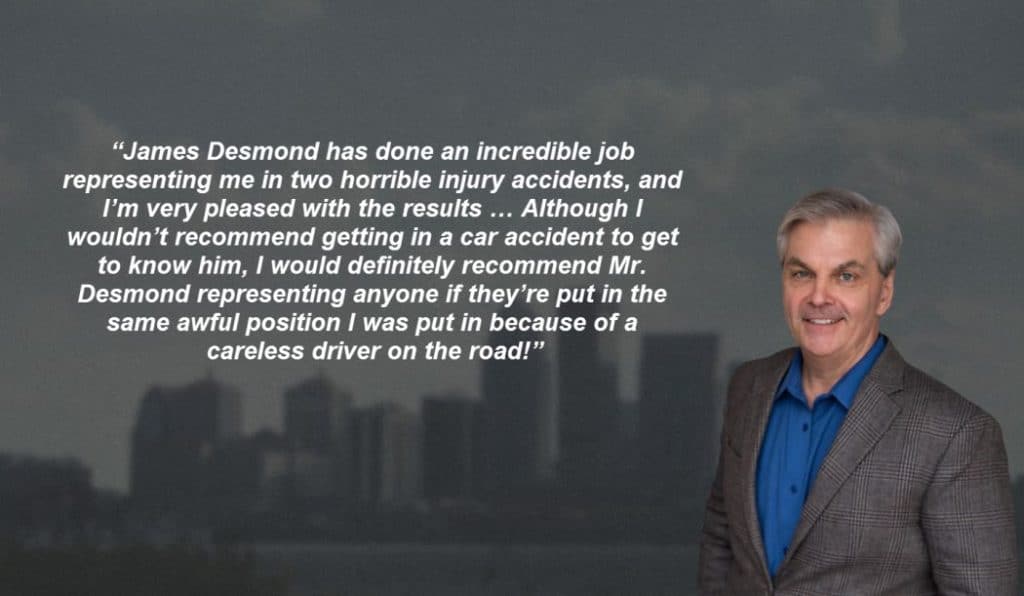Let Me Put My Expertise To Work For You!

If you have been involved in an automobile accident, the first step is to make it easy on yourself and call or text me at 502-609-7657. The phone call is free, and in that short call, I can answer more legal questions faster than artificial intelligence or searching through the internet. Also, please note that you will be able to reach me directly, without needing to go through a staff member to obtain answers to your legal questions. Lastly, unlike most attorneys, I am happy to discuss with you how to get a rental car, have your car fixed, or recover your collision deductible. Very simply, if you were in any type of automobile or motorcycle accident, you deserve legal advice from an experienced personal injury lawyer.
So what are the top ways to prove your personal injury claim and increase the value of a personal injury claim from a car accident?
First, while you are at the scene of the automobile accident, get as much information as you can and take as many photographs as you can. You want the police report number and the name of the investigating police department. Get the name of the other driver and their insurance information. If there are any witnesses to the car accident, try to get them to give you their names and contact information. Too often, the at-fault driver admits fault at the scene of the car accident and changes their story after talking to the insurance company. An independent witness can help you establish fault for the car wreck, and the most important element of a personal injury claim, arising from an automobile accident, is who was at fault in causing the wreck.
Second, take the EMS to the Emergency Room and get checked out. Please understand, if you are hurting or start hurting the next day, get checked out by a hospital Emergency Room. Nothing is truer than the value of a personal injury claim, from a car accident, is determined by the information contained in your medical records. In other words, when dealing with insurance carriers, if an injury is not in the medical records, it does not exist for their evaluation of the claim. So when your car looks like a piano fell on it, let the E.R. doctors make sure you are okay, and in doing so, you are establishing a stronger personal injury claim.
Third, take photographs of your bruises and cuts. Take them in such a fashion that Desmond Law Office, your personal injury lawyer, can send them to the insurance adjuster to illustrate and document your injuries. A picture is worth a thousand words.

Call me on my cell phone (502) 609-7657
There is Only One Chance to Resolve Your Claim for Pain and Suffering!
Fourth, do not sign a Personal Injury Release or even consider an offer made by the insurance company. When you settle a personal injury claim, you sign a personal injury release. The essence of an injury release is that no matter how severe your injuries are or when they are discovered, your personal injury claim is over and done with. You made a legal contract, by signing the release, with the insurance company. Also, insurance companies lately are making offers before you have an attorney. The insurance company wants only one thing: to settle your claim and move on to the next claim. They will not advise you of who has to be paid out of your injury settlement or what other sources of insurance you may recover from. So don’t even consider any offers they try to entice you into!
Lastly, RESERVE your no-fault benefits or med-pay coverage immediately. These are the benefits paid by your insurance company for your medical bills. In short, you don’t know how high an Emergency Room bill may be. Many times, the Emergency Room bill alone is high enough to exhaust the no-fault coverage. As a result, RESERVE the PIP/no-fault coverage for now, and you can always lift the reserve at a future date.
Assume you had these bills because of a skiing accident instead of a motor vehicle wreck. In that hypothetical, there is no PIP, because it was not a car wreck, so health insurance would be paying all of your medical bills, and you would owe the co-pays. However, if the skiing accident was because the ski lodge had a messed-up slope (i.e., they were negligent) and you recovered a pain and suffering claim from that ski lodge, the health insurance would have the right to recover what they paid on your behalf, known as a subrogation claim. Essentially, a subrogation claim, in this example, means that since you recovered from the ski lodge, they have a right to recover the amounts they paid from your personal injury settlement; BUT their right of recovery is the amount they paid and not the amount of the original hospital bill. The obvious advantage is that you are not paying the original amount of the hospital out of your settlement, but instead, you are paying the lesser amount that the health plan paid to satisfy that medical expense.
Now take all that and put it back in the context of a car wreck. If there is PIP coverage that an injured party can use to pay the subrogation claim of the health plan and/or the co-pays after the health plan paid their portion of the medical bill, the client can be reimbursed for those co-pays or get the subrogation claim paid by the PIP carrier. So if you have a $25,000 E.R. bill that your health insurance pays $5,000 to satisfy and it creates a $2,500 co-pay that you owe, you can get that $7,500 paid under the $10,000 of PIP coverage; rather than having the Emergency Room grab the $10,000 in PIP coverage and still having to use your health insurance to satisfy the remaining $15,000 of that medical bill.
Have Questions about Your Car Wreck?
I’m attorney Jim Desmond. If you would like to speak with an experienced car wreck attorney, call me on my cell phone. My number is (502) 609-7657. I’ll be happy to listen to you about your specific situation.
General Information:
- Should I Go To The Emergency Room After A Car Accident?
- Should I Seek Emergency Medical Attention After A Car Accident?
- Should I Contact My Insurance Company After A Car Wreck?
- What Will It Cost Me To Get My Car Fixed After An Accident?
- How Do I Find The Right Personal Injury Lawyer For My Car Wreck?
- Why Do I Need A Personal Injury Lawyer If Insurance Is Cooperating With Me?


